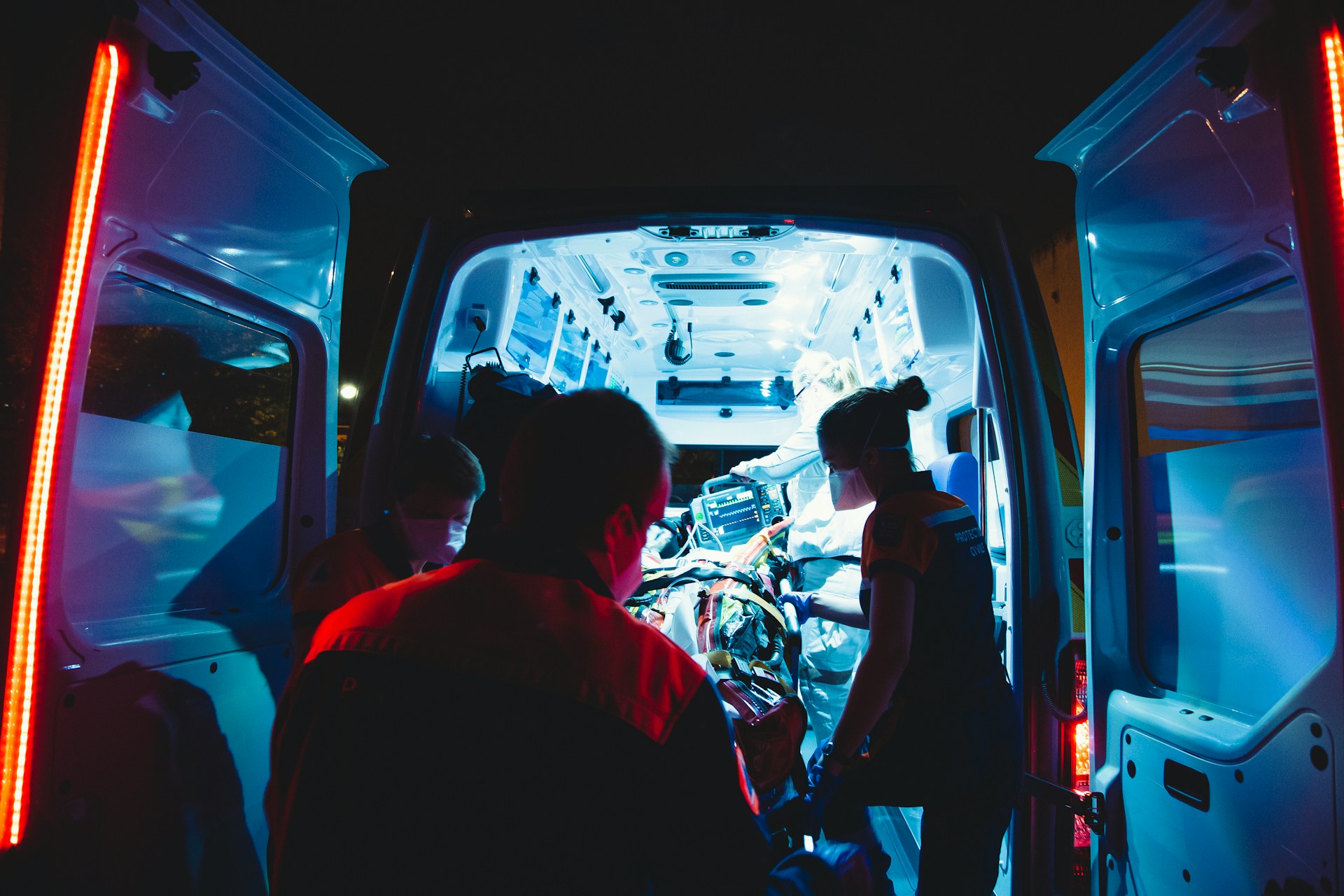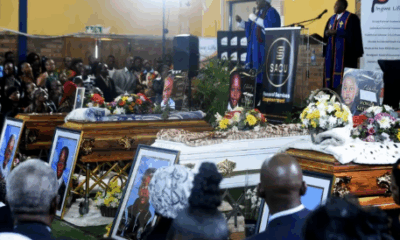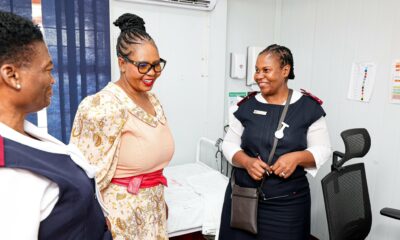News
South Africa’s Emergency Services Are in Crisis And It’s Costing Lives

When the system fails: How ambulance delays and ICU shortages are putting South Africans at risk
In the middle of the night, when every second counts, thousands of South Africans are finding themselves waiting—not for hope, but for help that never arrives. From ambulance no-shows to overcrowded hospitals, South Africa’s emergency medical services are sounding the alarm: the system is in crisis.
And it’s not just an inconvenience. It’s a matter of life and death.
The Numbers that Should Scare You
Health Minister Aaron Motsoaledi recently revealed that South Africa is short by at least 2,000 ambulances. In some provinces like the Eastern Cape, North West, and KwaZulu-Natal, the national target of one ambulance per 10,000 people is nowhere near being met.
So what happens when you call for help? In many cases, you wait—sometimes for hours. And in some communities, no help arrives at all.
Even if a patient does manage to reach a hospital, the struggle doesn’t end there.
According to Professor Fathima Paruk, head of Critical Care Services at the University of Pretoria, South Africa has a shortage of around 10,000 ICU beds. That’s a staggering number in a country where both trauma and critical illness are common.
“In the public sector, you have x number of beds and that’s it,” she says. “In the private sector, you can literally create an ICU bed. In the public sector, you’re stuck with what you have.”
This has created stark healthcare inequality. In provinces like the Western Cape, patients often get higher quality care, while others in Limpopo or the Free State are left behind.
Not Just Beds. Not Just Ambulances. Skills Too.
But beds and vehicles are only part of the problem. What’s a hospital ward without trained professionals to run it?
According to Professor Paruk, only 25% of ICU nurses are trained in critical care. And when it comes to doctors, the picture is even bleaker: fewer than 100 critical care specialists—known as intensivists—serve the entire country.
Many patients in ICU are treated by general specialists, simply because there aren’t enough highly trained professionals. The root cause? A severe lack of training posts and support for specialisation.
Legal Time Bomb: Who’s Accountable?
Law firm DSC Attorneys says this growing crisis is also setting the stage for massive legal fallout. They’ve seen a rise in ambulance delay cases where lives could’ve been saved with faster, better-equipped emergency services.
Under South African law, failure to provide timely medical care can open the door to medical malpractice, personal injury, or even constitutional claims related to the right to healthcare.
And it’s not theoretical. The National Department of Health has already taken a hit from what it calls an “explosion of litigation” in the medical space—over R100 billion in claims since 2015. Worryingly, about R33 billion of that is now under investigation for possible fraud.
What Now?
This crisis won’t be solved overnight. But for South Africans, especially those relying on the public health system, the message is clear: the country’s emergency safety net is full of holes. And unless something changes—quickly—more lives will fall through the cracks.
Have you or a loved one experienced delays in emergency care? Let us know on our socials. Your story could help spotlight the reality behind the numbers.
Source:Business Tech
Follow Joburg ETC on Facebook, Twitter , TikTok and Instagram
For more News in Johannesburg, visit joburgetc.com



























